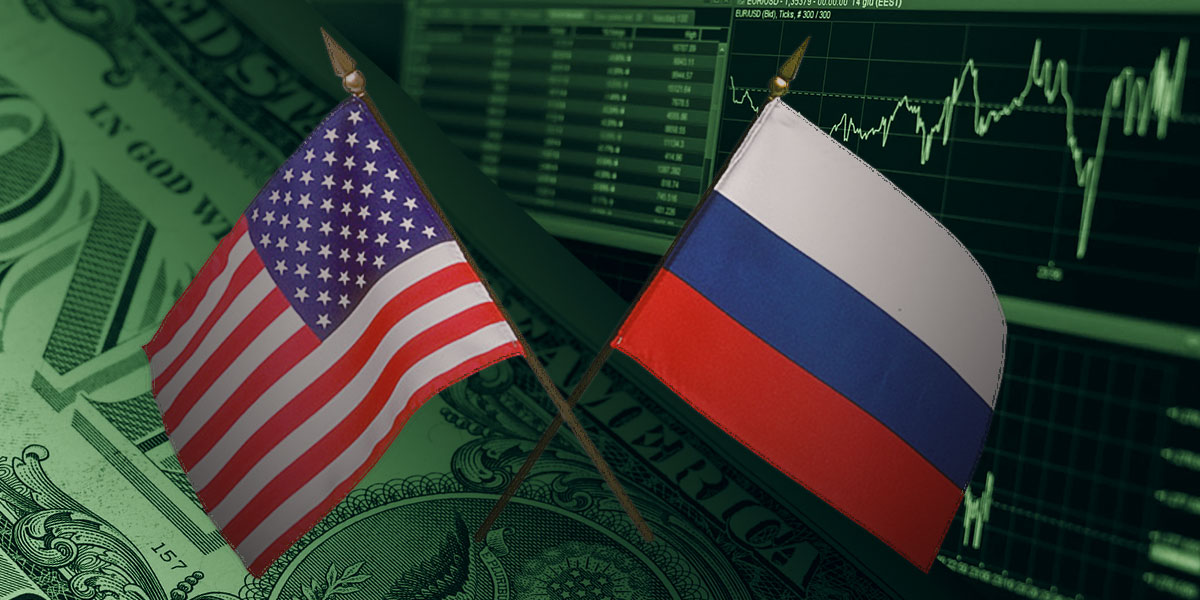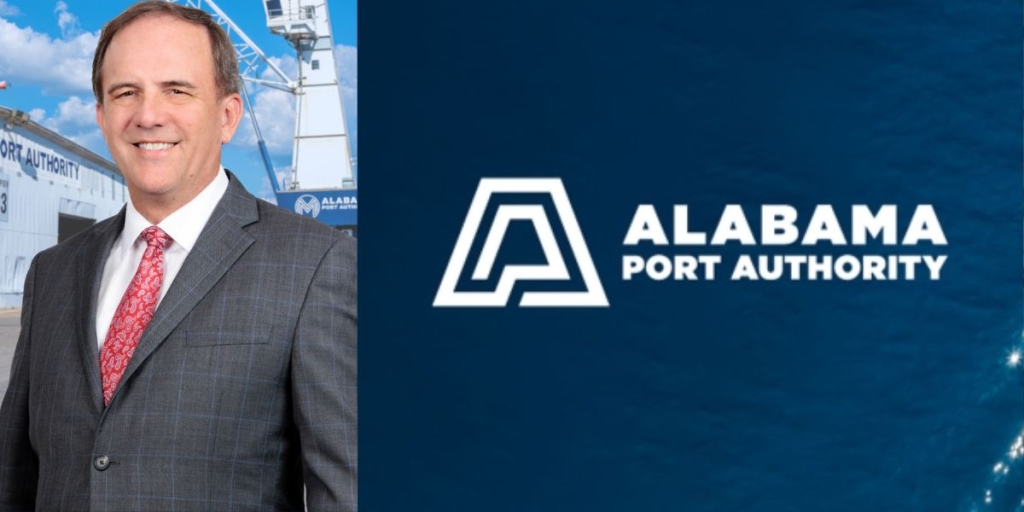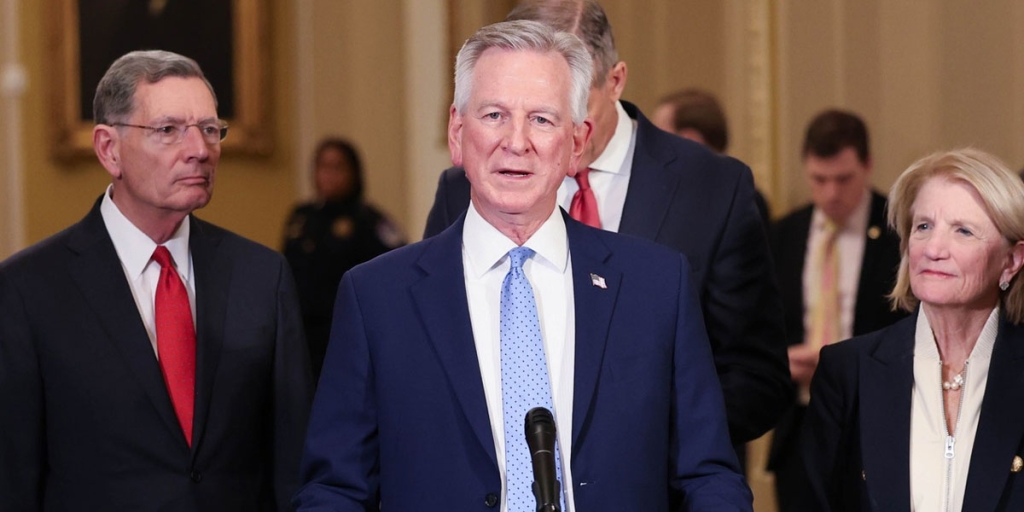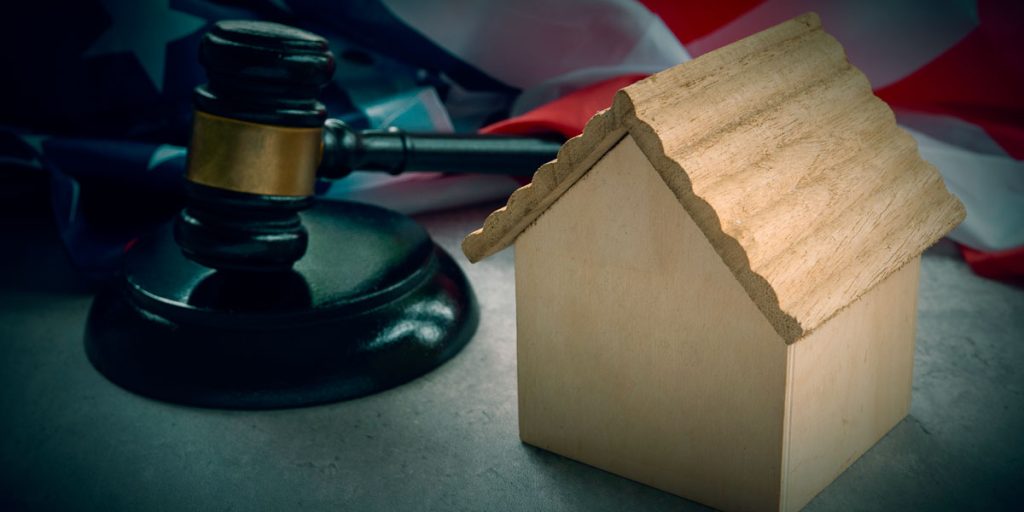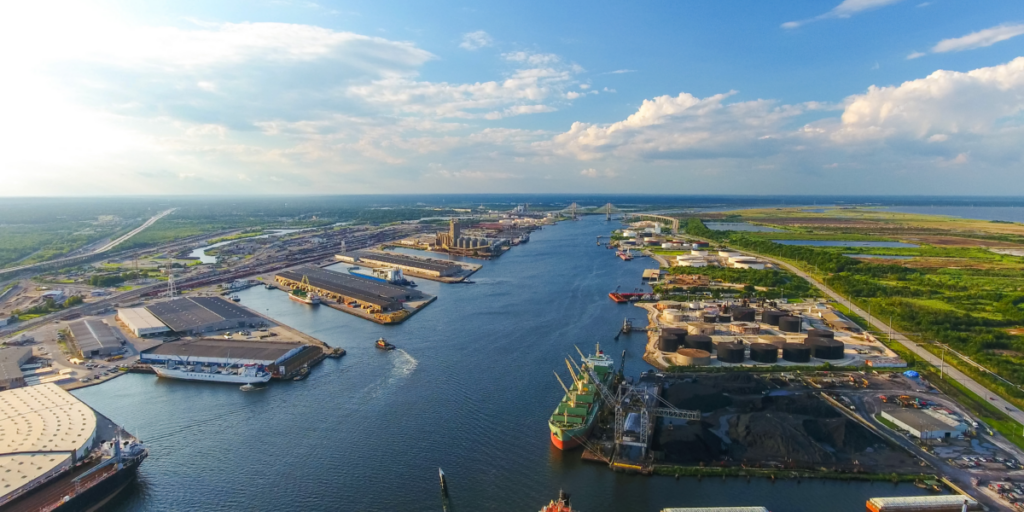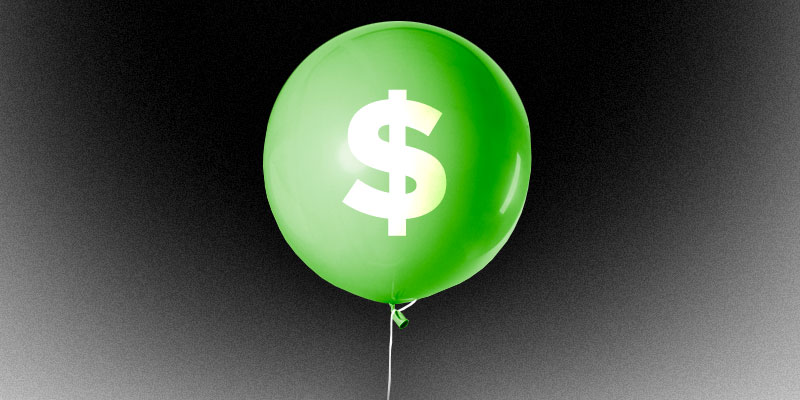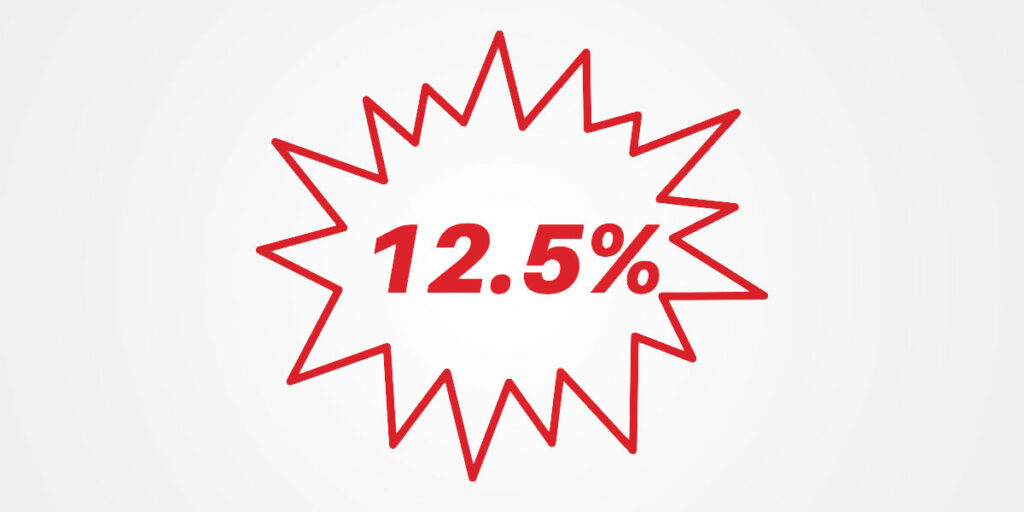French economist and journalist Frederic Bastiat wrote, “When goods don’t cross borders, soldiers will.” That international trade contributes to peace is a tenet of classical liberal and contemporary libertarian thought. How might trade accomplish this, and what does the evidence show?
Trade reduces conflict in two ways. First, war disrupts trade; goods are unlikely to be shipped across a battlefield. Both exports and imports benefit a nation. The larger the volume of trade, the greater the pain from disruption.
Second, doing business can change attitudes and perceptions. Nations do not trade; individuals and businesses do. The individuals engaged will get to know citizens of the other nation. They will see each other as real people. Peaceful interactions break down hatred and create friendships.
Other social and cultural exchanges can also do this. Exchange students, scientific collaborations, sporting events and art exhibitions help erase nationalistic attitudes which politicians exploit for personal benefit. Cultural exchanges help inoculate populations against opportunistic, power-hungry leaders.
The impact of trade disruption is real but only deters fighting if national leaders carefully weigh benefits and costs. Emotions can cloud rational thought. Overconfidence is often prevalent; both warring nations often expect a quick and easy victory. Overconfidence may also lead to underestimation of the costs from trade disruption.
International trade generates enormous economic benefits independent of its impact on war and peace. Economists since David Ricardo have recognized comparative advantage as the basis of beneficial trade. We benefit from buying the best and most affordable food, furniture, clothes, minerals, and computers from around the globe. And we need not trade only with our close friends; businesses might trade with foreigners we consider untrustworthy.
What does history show? World War I violates the trade and peace thesis. The global economy would not attain 1914’s level of trade again for almost 75 years. England, France and Germany had significant scientific and cultural exchanges, and as Barbara Tuchman observed in The Guns of August, their royal families were even blood relatives. Commerce and cultural ties did not prevent the Great War.
International trade fell considerably by World War II. The Great Depression and the ensuing trade war left little trade in place. Few goods crossed European borders in 1939.
NATO and Soviet bloc nations engaged in little commerce during the Cold War. Extensive trade occurred on each side of the Iron Curtain, but few goods crossed. International trade does not explain the U.S. and Soviet Union avoiding World War III.
Formal tests of the trade and peace thesis must include countries that never fought. Statistical tests examine “dyads” or pairs of countries to identify factors affecting the probability of conflict. A 2008 study confirmed that higher trade volumes reduced conflict. The worldwide increase in trade between 1970 and 2000 reduced the likelihood of conflict between a pair of nations by 20 percent.
We must be careful about causality when two peaceful nations trade. The potential for disruption matters for establishing trade relations. For instance, Mcdonald’s has suspended operations in Russia over the Ukraine invasion. Mcdonald’s will not open restaurants they expect to close soon. Businesses do not desire supply chain disruption and so will not source parts from a nation with which conflict is likely.
The 2008 study employed several statistical methods to these alternatives, increasing confidence in its results. Still, it may be impossible to “grow” trade between two hostile nations to make war less likely.
Russia’s invasion of Ukraine may provoke a new Cold War. Is international trade crucial to maintaining future peace? In the near term with ongoing hostilities in Ukraine, a suspension of trade is justified, if merely to signal our moral outrage. In the longer term, trade increases the cost of war. The libertarian argument is technically correct. Unfortunately, the economic benefits of trade appear minor in the political calculus leading to war.
Daniel Sutter is the Charles G. Koch Professor of Economics with the Manuel H. Johnson Center for Political Economy at Troy University and host of Econversations on TrojanVision. The opinions expressed in this column are the author’s and do not necessarily reflect the views of Troy University.




